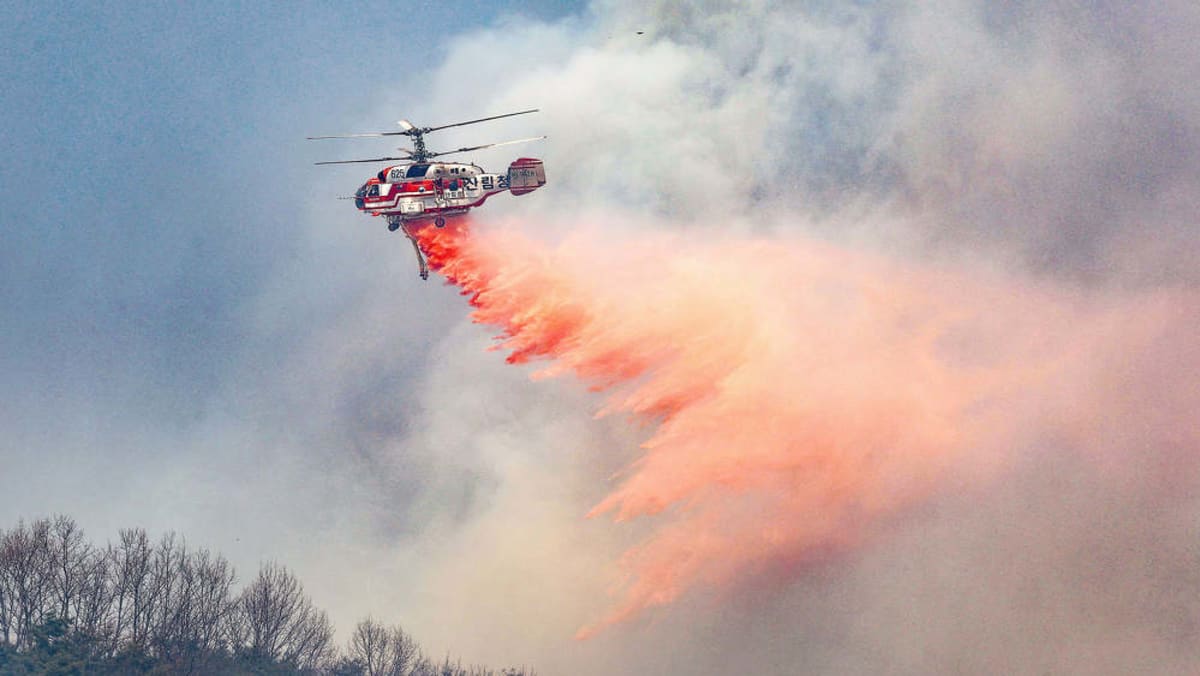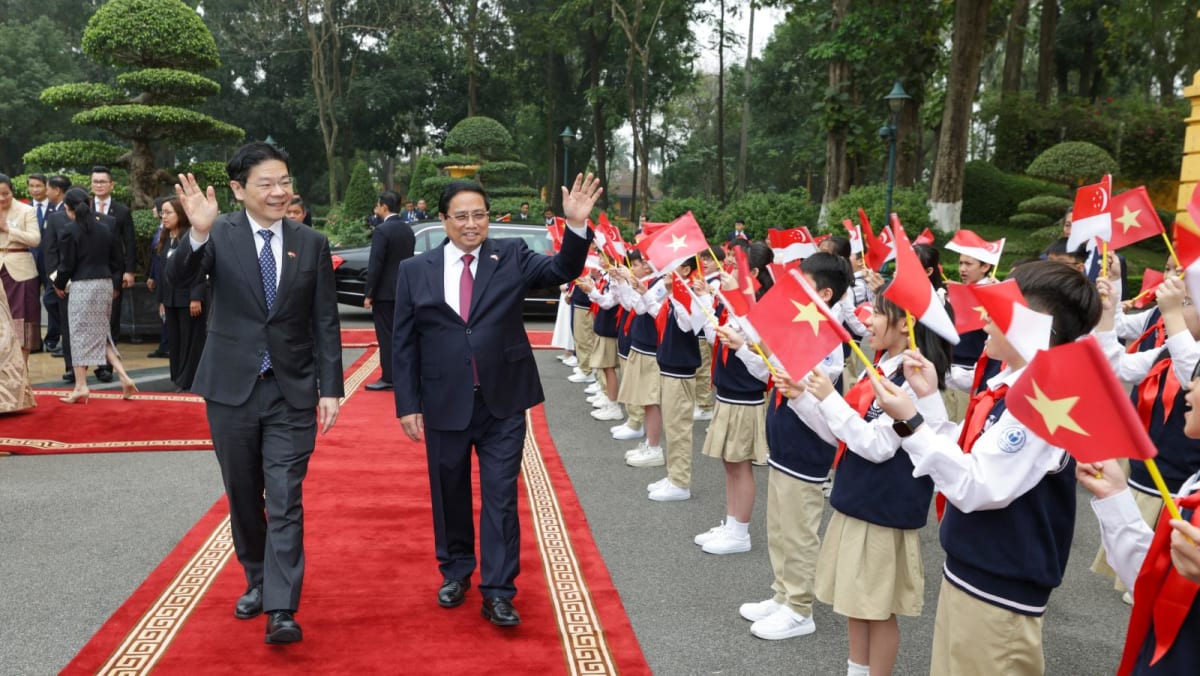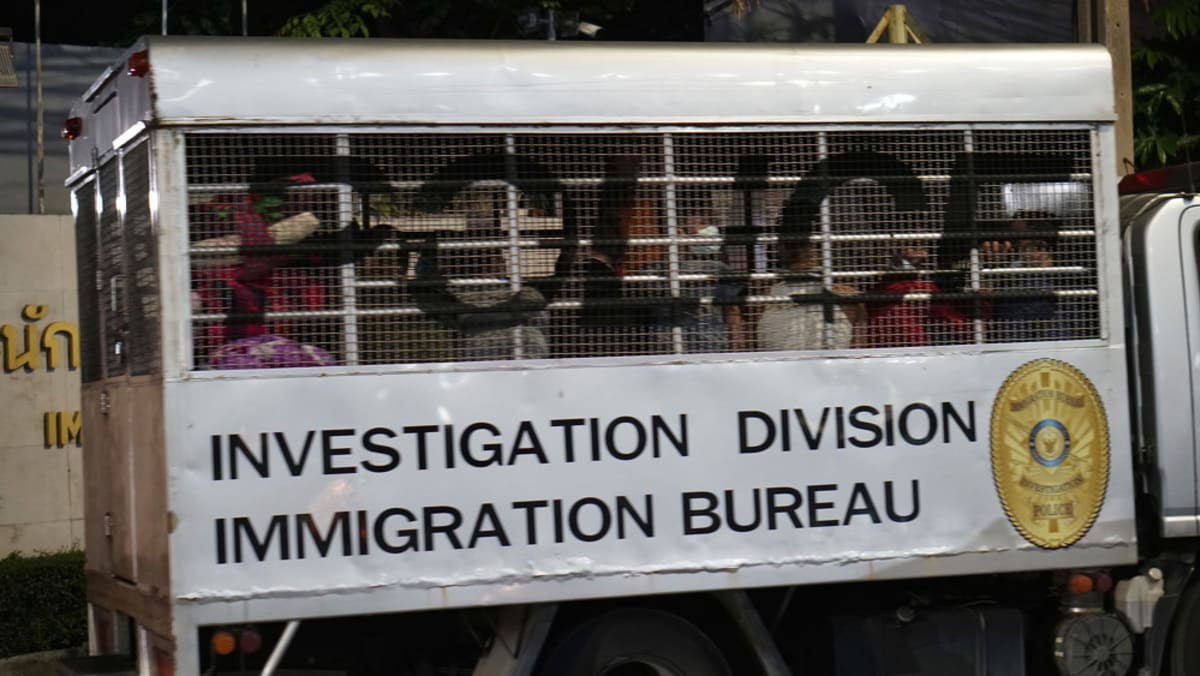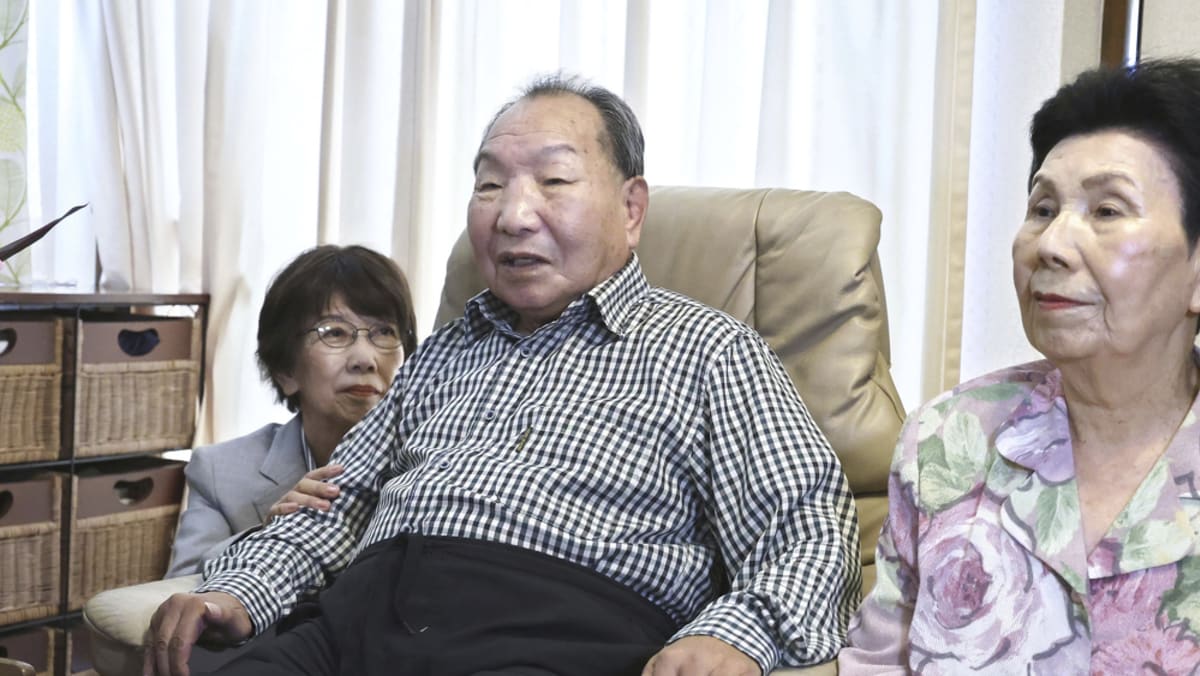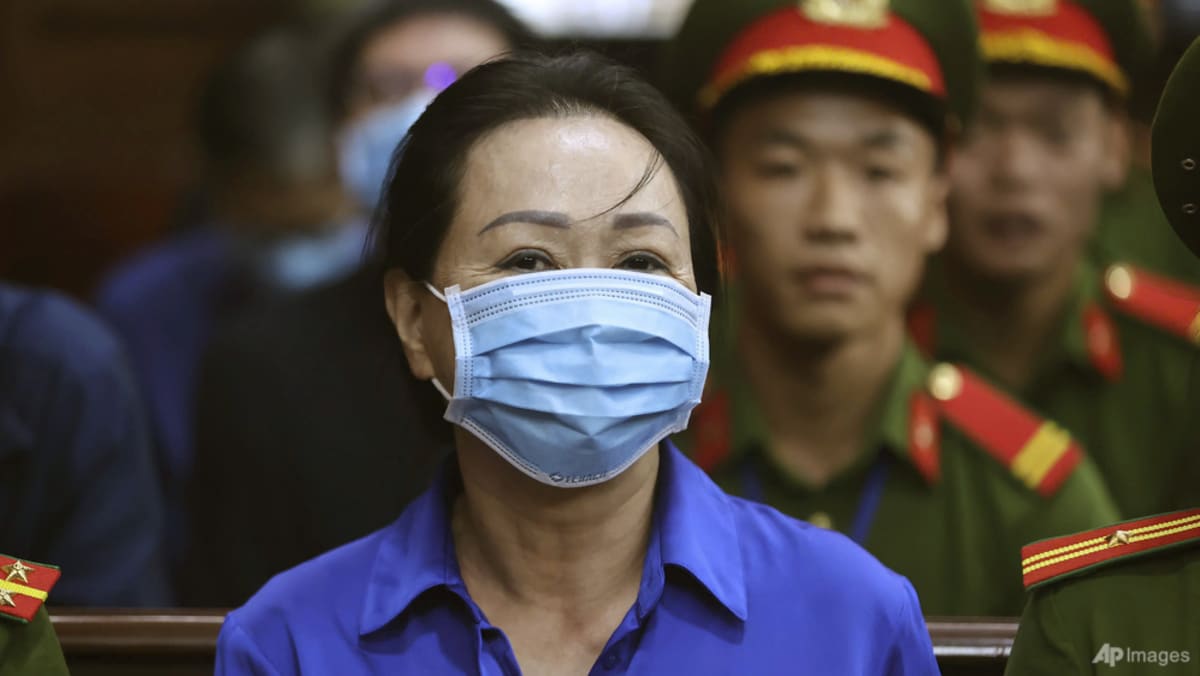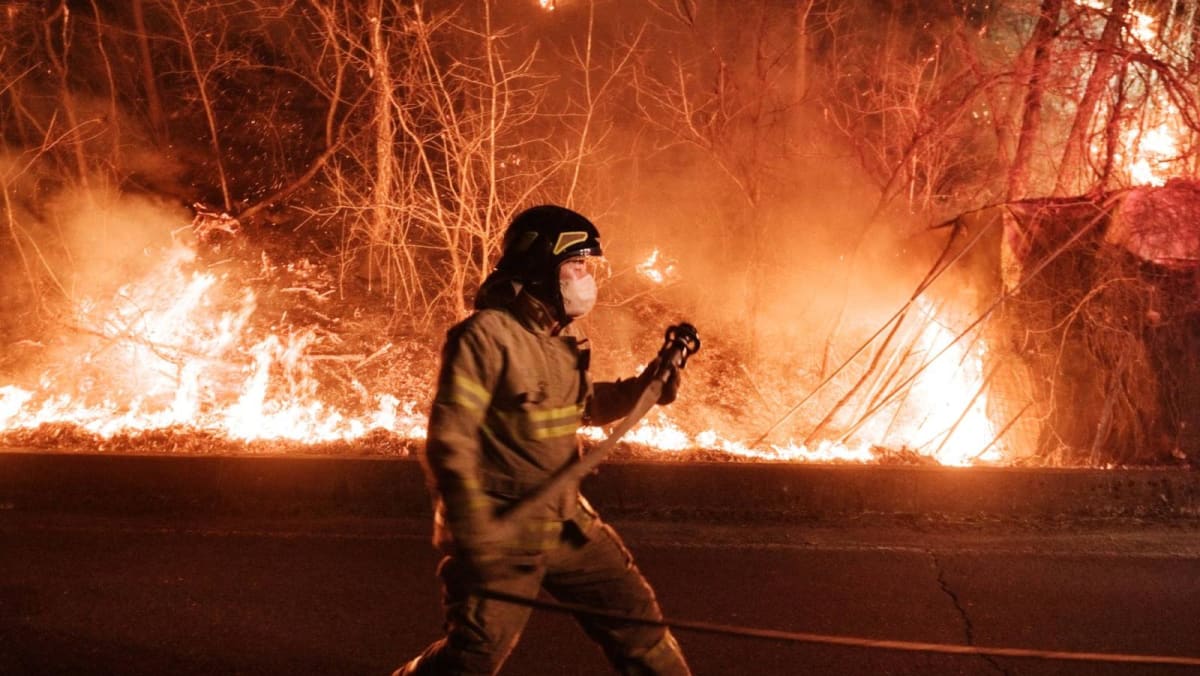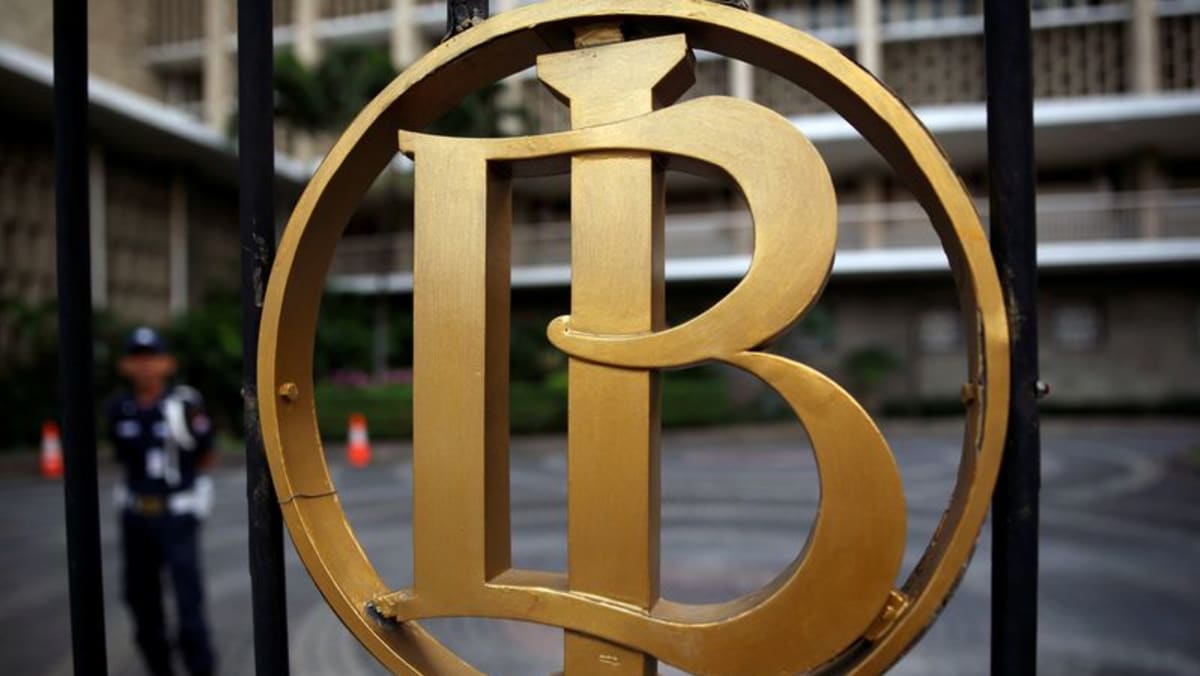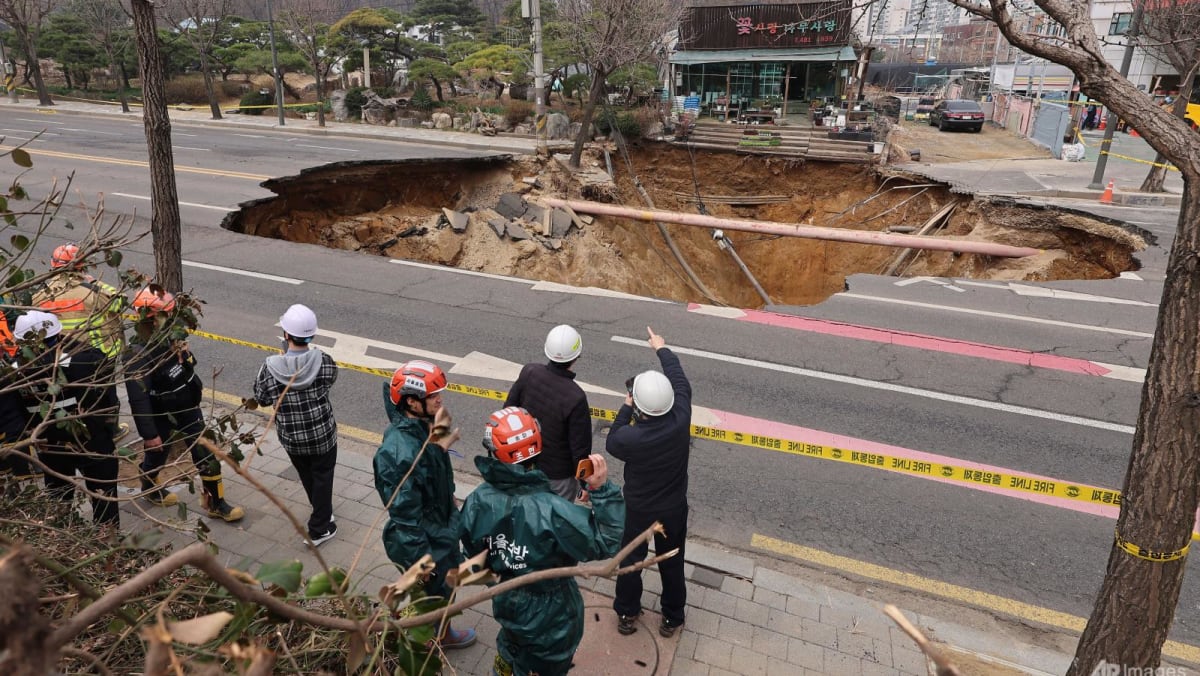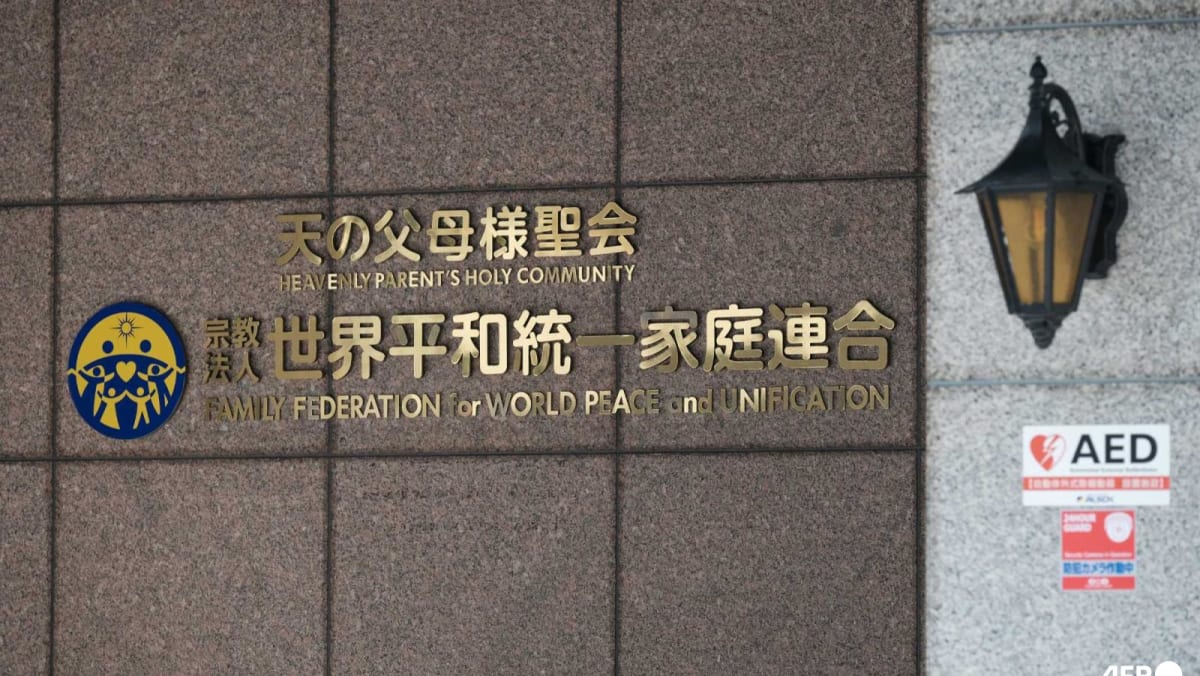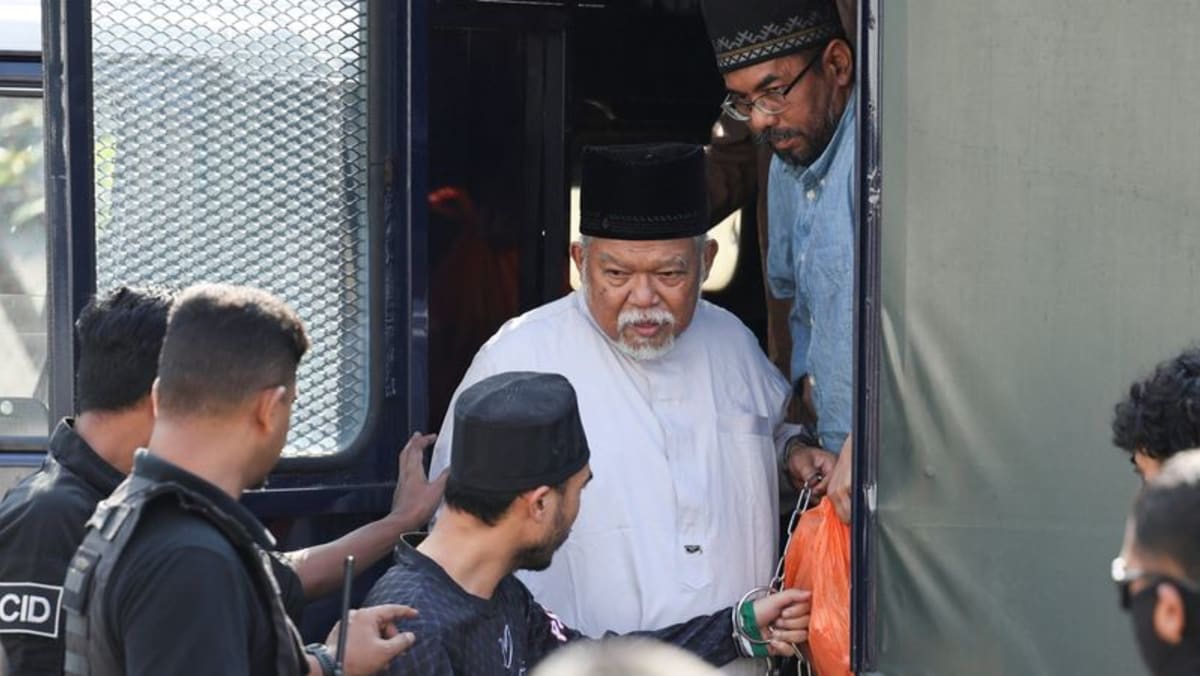Dengue cases surge in South Asia amid global warming, unchecked urbanisation
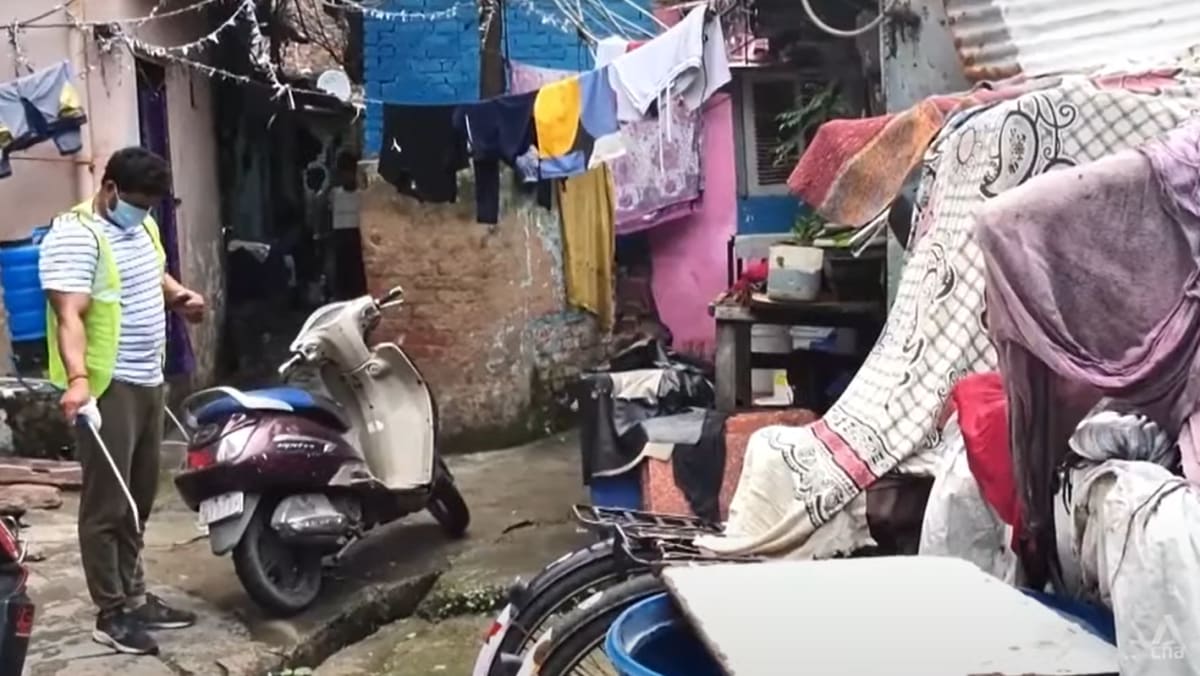
DENGUE ON THE RISE IN INDIA SINCE 2020
Dengue cases in India have been steadily rising since 2020. The number of cases in the first half of 2024 – more than 32,000 – are nearly double of what was reported in the same period last year.
The country recorded almost 290,000 cases last year – 50,000 more than the year before.
A rise in infections on the subcontinent has been driven by the ongoing monsoon season, which typically lasts from June to September. Cases have similarly been reported throughout the year in far higher numbers in countries like Nepal, Bangladesh and Sri Lanka.
Experts said global warming – which has led to an extended monsoon season and higher humidity levels – is to blame.
The tropical weather, coupled with widespread waterlogging during the monsoon season, gives the Aedes mosquito perfect conditions to thrive.
Some also pointed to rapid and unchecked urbanisation in South Asia.
Thousands live in densely populated enclaves without proper water supply, sanitation, or waste management systems. Stagnant water that often collects in the streets also make optimum breeding grounds for mosquitoes.
Urban designer Adarsha Kapoor suggested ensuring a steady supply of piped water, so residents do not need to store water in cans and jars. Areas that are prone to waterlogging could also be improved through maintenance, he added.
But Ms Bimla said these are long-term measures that do not immediately solve the problems that she and her neighbours face.
They want officials to ensure the drains are covered and anti-dengue measures are taken throughout the year – not just when cases rise.
Source: CNA



